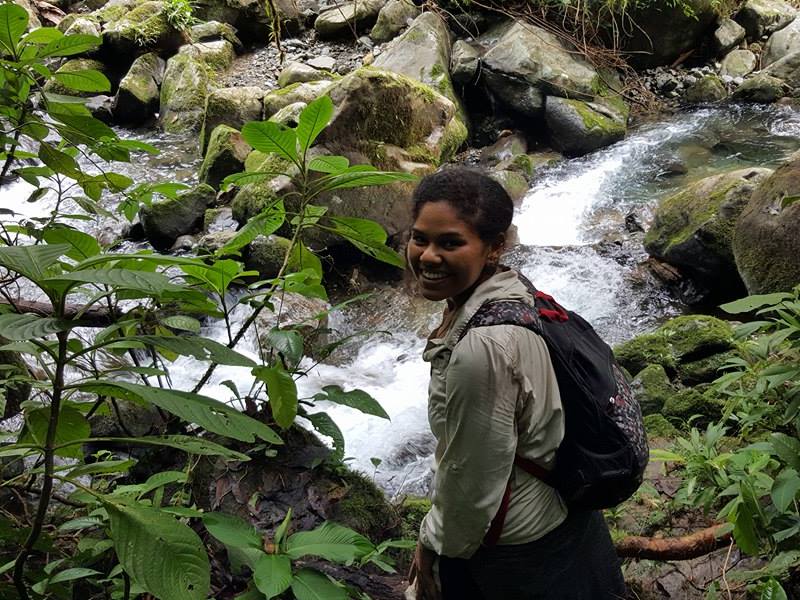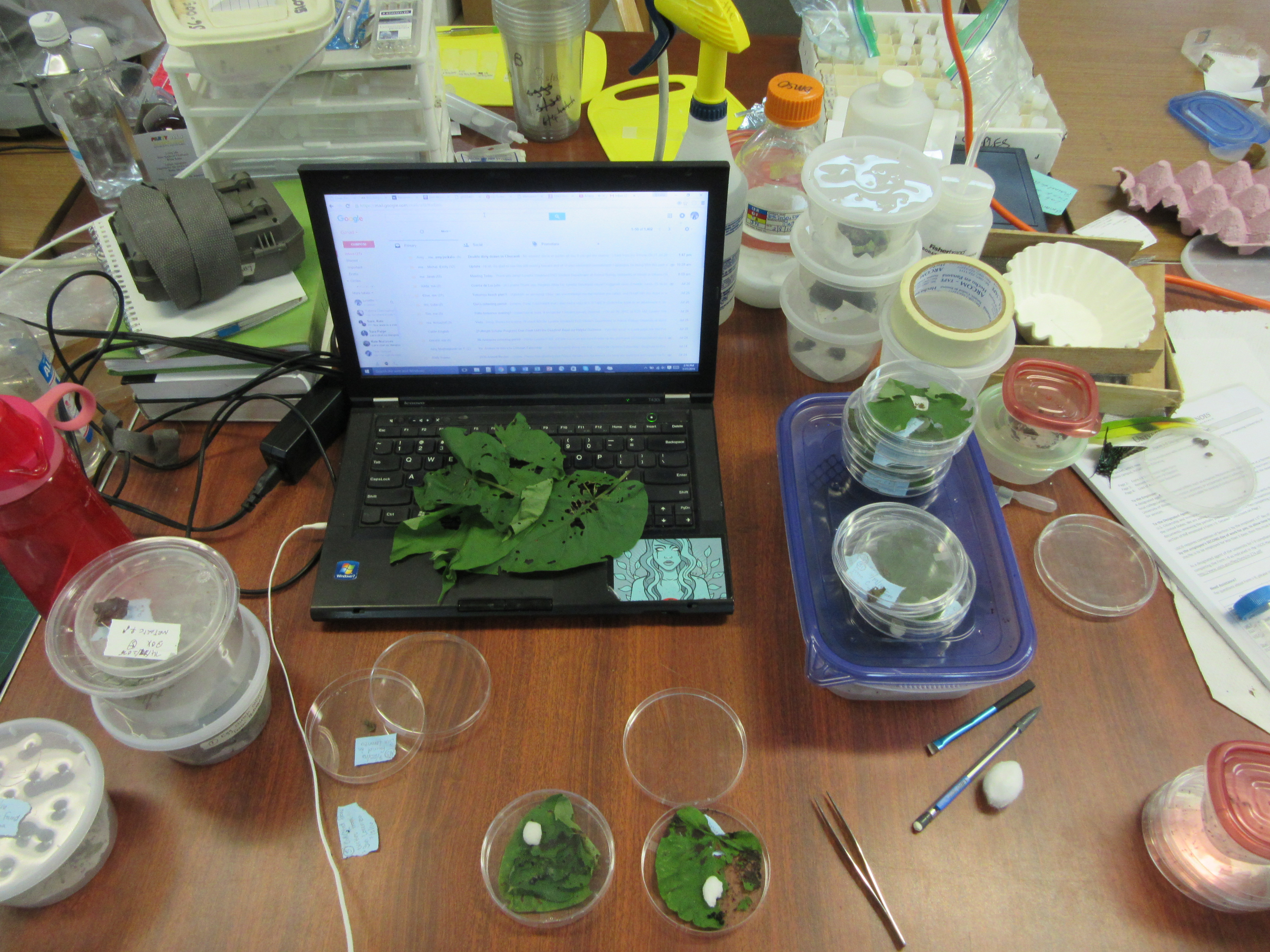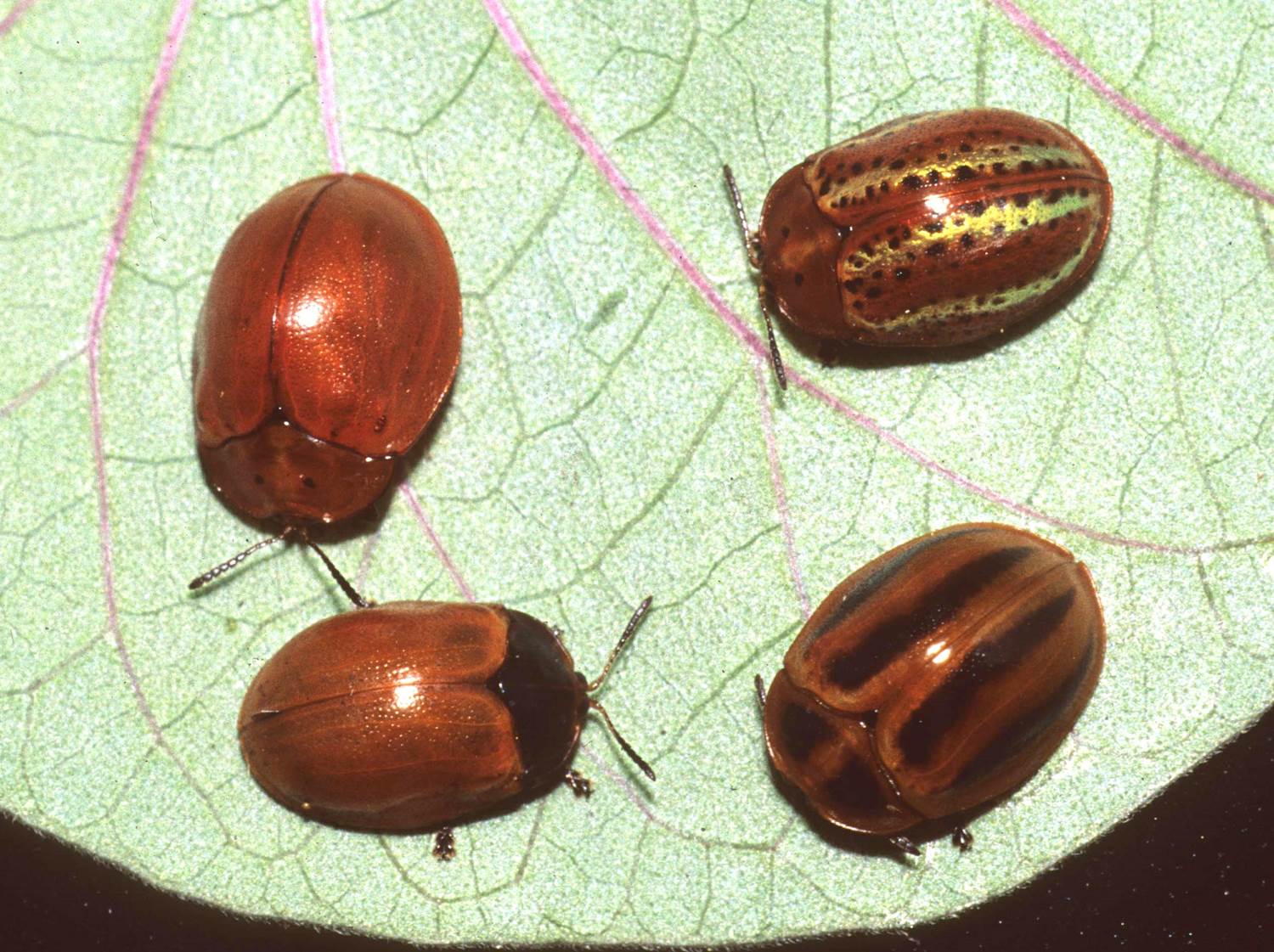Lynette is a 5th year PhD student in Animal Biology working in the Cáceres lab. Her research takes advantage of a naturally-occurring color polymorphism in a species of Neotropical tortoise beetle (Chelymorpha alternans). She investigates both the ecological (predation and sexual selection) and genomic (through genome sequencing and linkage mapping) forces that maintain this phenotypic variation in this system.
What have you been up to this week?
This week has been a hectic mixture of teaching and settling into research! I’ve recently come back from a 14-month stint in Panama, where I was conducting field research for my dissertation. So, my recent life has involved unpacking boxes in my apartment, figuring out where in the world to start with 14 months of data, and dealing with dry skin and a lack of parrots and toucans (I know the humidity here has been rough for people, but my skin is now used to 100% saturation).
Do you have a work routine/schedule?
I’m trying to find one! Coming back from such a relaxed environment where I could easily set my own schedule to a much more structured teaching and office setting has been difficult. I’m currently figuring out the best way to adjust to a heavy teaching schedule and strict deadlines, while also incorporating the relaxing parts of my field life (sunset walks along the canal, yoga by the rainforest, all the good stuff). I’ve just picked up a yoga membership, so hopefully that will help to keep me balanced and sane this semester!
What’s a fun thing you did this past week?
The best part of coming back to town after so long is, of course, catching up with all the people! From happy hours, to lunches, to weddings, it’s been a whirlwind of excitement learning about what all my friends have been up to for the past year. There have been lots of laughs, get-togethers, stories and good beer!
A view of your week
My typical work space in Panama, the world’s largest amount of Tupperware and beetles everywhere.
The 4 color morphs of my study system, the Neotropical tortoise beetle Chelymorpha alternans.



